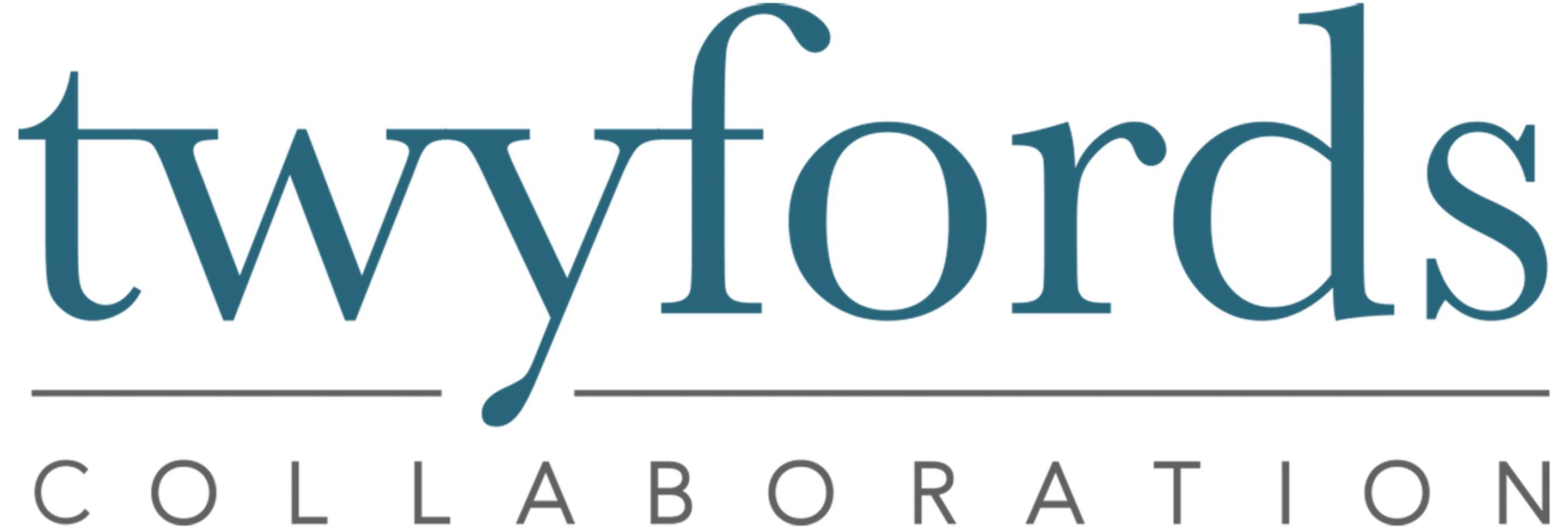I recently wrote about the Project Manager Trap, where the skills we seek in our project managers don’t match those needed to deliver on complex projects. Too often, it seems, our aspiration to work collaboratively outstrips our capability to think and act collaboratively.
In this post I’m continuing that conversation with a few more sample skills I’ve pulled from current job ads in the water sector. If you want to know more take a look at our Collaboration Builder program, which is specifically designed to build ‘collaborative muscles’.
A current employer is seeking someone with:
- Strong knowledge of strategic and technical solutions for water and sewerage
In a business as usual world the manager with this characteristic would say:
“I draw on my knowledge to quickly diagnose and solve problems as they come up, or to recognise when the team has found the way forward.”
But in the complex world of integrated water planning or catchment management the successful manager will say:
“I resist the urge I and others feel to solve the problem, rather bringing the players together to explore how we each experience the dilemma we need to tackle together. I openly acknowledge that even with our collective knowledge we can’t be confident how to approach this problem nor where best to start.”
- Strong project management skills
Typically this means:
“I make sure all the boxes are ticked, that good practice is followed and that we have our ducks lined up to ensure smooth progress.”
Whereas in the complex world we might need to think differently:
“Instead of being ruled by the project plan I embrace the emergent practice that complexity requires. I use my project management skills to help others be comfortable in the face of uncertain process, timeframes and outcomes, knowing this is the key to success.”
- Ability to balance competing demands and priorities in a sensitive environment
Again, the employer is probably expecting someone who says:
“I juggle the competing demands and navigate the sensitivities to ensure outcomes are delivered on time.”
When in reality the collaborative thinking required would be more like:
“I share the complexities and sensitivities with all collaborators, acknowledge I don’t know how best to prioritise, and work with them to navigate the way forward together. I embrace trial and error, recognising that we can’t be certain how best to do this.”
The difference between a traditional project management approach and the collaborative mindset is significant. As we move more into a world of integration and working ‘with’ others, we need to be recognising this and ensuring our people have the mindset and capabilities they will need in order to deliver what we ask of them.
